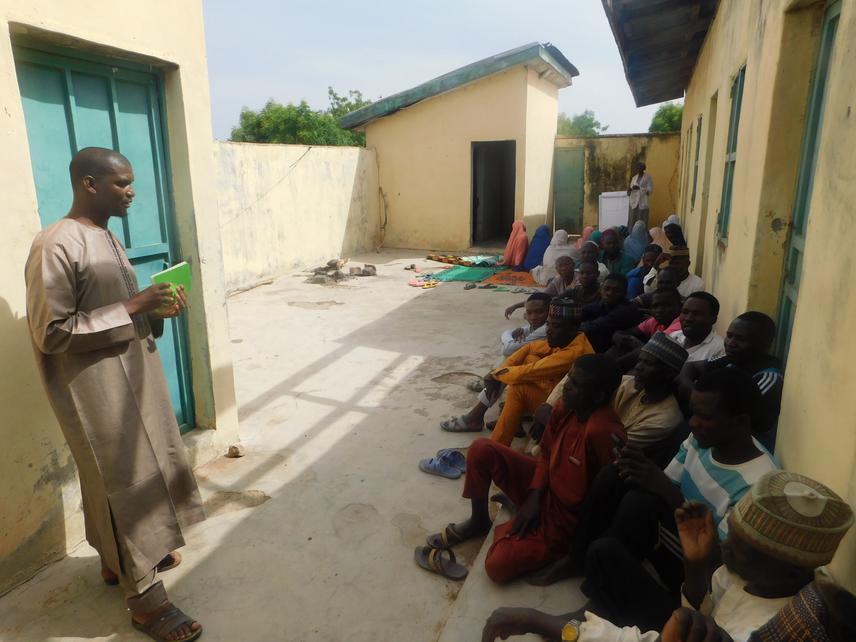Longtong Turshak
Other projects
7 Jul 2009
Fire Regimes and its Implication on Trees and Tree Species Utilize by Birds for Nesting in the Savanna Woodlands of Yankari Game Reserve, Nigeria
3 May 2012
Fire and Herbivory Impacts Savanna Woodland Vegetation: Saving the Largest Protected Woodland in the Guinea Savanna Region of Nigeria
7 May 2015
Fire and Herbivory Impact Savanna Vegetation: Understanding the Fire, Herbivore and Woodland Community Interplay in One of Nigeria’s Foremost Game Reserves
The savanna woodland ecosystems are undergoing anthropogenic activities including fire, grazing, herbivory, logging, poaching, trade in wildlife etc. The Yankari Game Reserve is no exception. Consequently, this project proposed to work with adjoining communities of the game reserve in an effort to enhance conservation to deliver better ecological and social outcomes in the savanna ecosystem of Yankari Game Reserve, Nigeria, where biodiversity currently faces severe human threat. This involve organizing multi-layer stakeholder workshops for conservation education, harnessed efforts at protecting biodiversity from anthropogenic effects by establishing Conservation Site Support Groups (CSSGs). These will be achieved by identifying the positive and negative impacts with the view to providing community-based solution in reducing the negative and increasing the positive impacts in Protected or Conservation Areas (PA/CA) as described in the Social Assessment for Protected and Conserved Areas (SAPA) manual.

Conservation Education Session.
This approach will strengthen conservation practice across many sites and using standardised assessment template from multiple sites to build a broader, more balanced picture of the social impacts of the reserve, and the opportunities social assessment provides for improving the effectiveness and equity of a protected area conservation. The study will also conduct workshops to create conservation education among community members around the reserve. Specifically, this research project is set out to achieve the following objectives:
i. assess the positive and negative social impacts of the Yankari Game Reserve on the surrounding communities,
ii. provides a community-based solution to reduce the negative social impacts and engage community stakeholders to agree on common grounds for effective and sustainable conservation efforts at the Yankari Game Reserve,
iii. create conservation education awareness among the community members adjoining the reserve and solicit support in protecting the biological diversity of the reserve from anthropogenic effects by establishing a Conservation Site Support Group (CSSG). This workshop will be conducted at the levels of CSSG and policy makers.
Header: A cross section of pictures after community workshop at Dagudi.